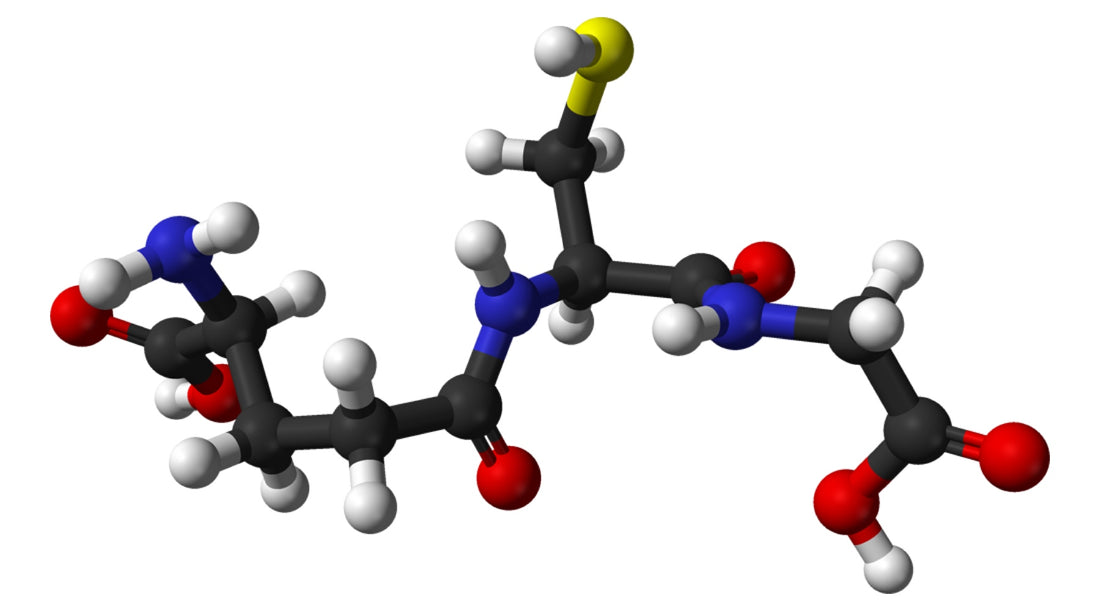
What Is The Most Bioavailable Form Of Glutathione?
Share
Glutathione is a small protein that is found in almost every cell in the human body. It is known for its powerful antioxidant properties, which means that it helps to protect cells from damage caused by free radicals.
One question that often comes up when discussing glutathione is its bioavailability, or the degree to which it is able to enter the body and have an active effect. The bioavailability of glutathione can vary depending on how it is consumed.
When glutathione is taken in supplement form, its bioavailability can be quite low. This is because the body has a difficult time absorbing large amounts of the protein when it is taken orally. As a result, most of the glutathione is not able to enter the body and have an active effect.
However, the reduced glutathione used within our Cell Shield product mean it is more effective than traditional forms of glutathione supplementation.
On the other hand, when glutathione is consumed in foods, its bioavailability is much higher. This is because the body is able to break down and absorb the protein more easily when it is consumed in small amounts in foods.
There are foods and drink that are glutathione antagonists, meaning they actively restrict the body's uptake of the proteins. If you're consuming excessive cereals, bread and dairy products it's likely to limit your glutathione intake.
In addition to its bioavailability, the effectiveness of glutathione in the body can also be affected by factors such as age, stress, and exposure to toxins. Low levels of glutathione have been associated with an increased risk of certain diseases and conditions, such as Alzheimer's disease, Parkinson's disease, and liver disease.
Some research suggests that increasing glutathione levels in the body may help to improve health and prevent certain diseases. However, more research is needed to fully understand the potential health benefits of glutathione and the best way to increase its levels in the body.
In conclusion, the bioavailability of glutathione can vary depending on how it is consumed. Depending on the supplement form, its bioavailability is low, but when consumed in foods, it is much higher. But be aware of glutathione antagonists such as cereals and bread.
It is important to talk to a healthcare provider before taking any supplements to ensure they are safe and appropriate for your individual needs.
